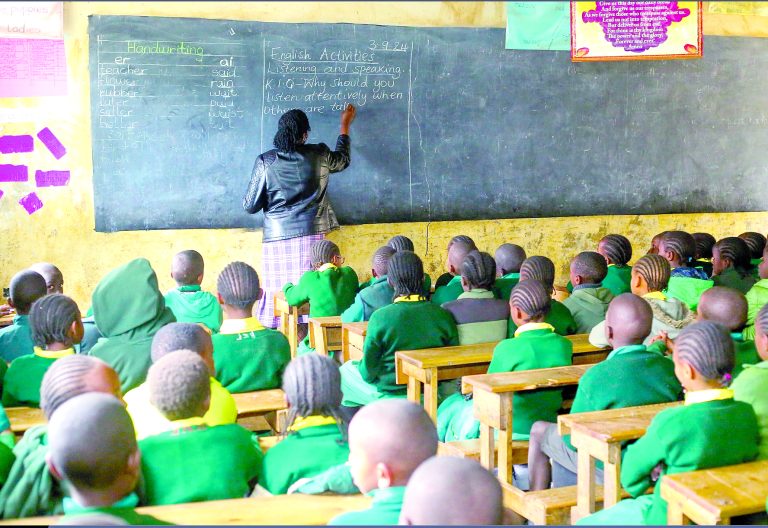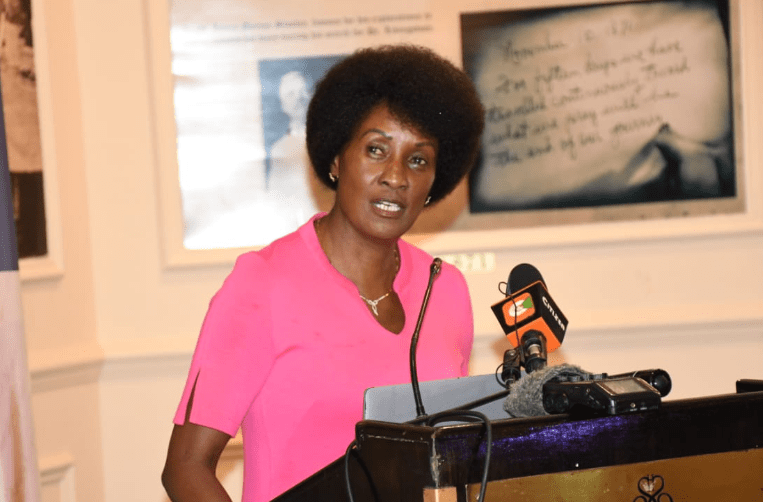TSC must rein in teachers preying on their pupils

In classrooms across Kenya, girls are supposed to be accorded the best environment to pursue knowledge, the only medium that enables them to unlock their talents to be resourceful citizens in their future.
However, some teachers have turned out to be a source of trauma rather than agents of academic transformation for female learners.
The emergence of sexual misconduct cases involving male teachers, especially in girls’ schools, violates not only the sanctity of the learning environment but also the core ethics of the teaching profession.
It is time for the Teachers’ Service Commission (TSC) to decisively rein in rogue educators who prey on the very pupils they are entrusted to mentor.
The country cannot champion free, safe, and quality education while ignoring the predators hiding in plain sight.
The classroom must remain a place of dignity, not danger. The TSC should now uphold the values that the teachers are taught in teacher training colleges, as the future of Kenya’s girls depends on it.
Reports from across counties paint a disturbing pattern: male teachers engaging in inappropriate relationships with underage learners, often under the guise of authority and trust.
Shockingly, data from the TSC shows that in the past five years, the commission has deregistered over 470 teachers, with 90 per cent of them male.
Recently, Kenyans were treated to drama after alumni of the prestigious Alliance Girls High School protested outside the institution’s gate to demand the arrest of a teacher who they claimed preyed on them unnoticed by the school authority.
They are not the only ones. In some cases, teachers coerce students for sexual favours in exchange for grades, lunch money, or ‘romantic’ relationships.
Others are even more sinister, issuing threats and intimidating young girls and leaving them emotionally shattered and fearful of speaking out.
Impunity is sustained by a sluggish disciplinary system, opaque investigations and a lack of structured follow-through, especially by the Ministry of Education.
Even where culprits are interdicted or deregistered, records often vanish into bureaucratic obscurity, allowing them to resurface in other institutions.
Meanwhile, survivors are left to grapple with the stigma, trauma and academic disruption.














